We have much more to do and your continued support is needed now more than ever.
Connecting Underrepresented Youth with STEM Career Opportunities
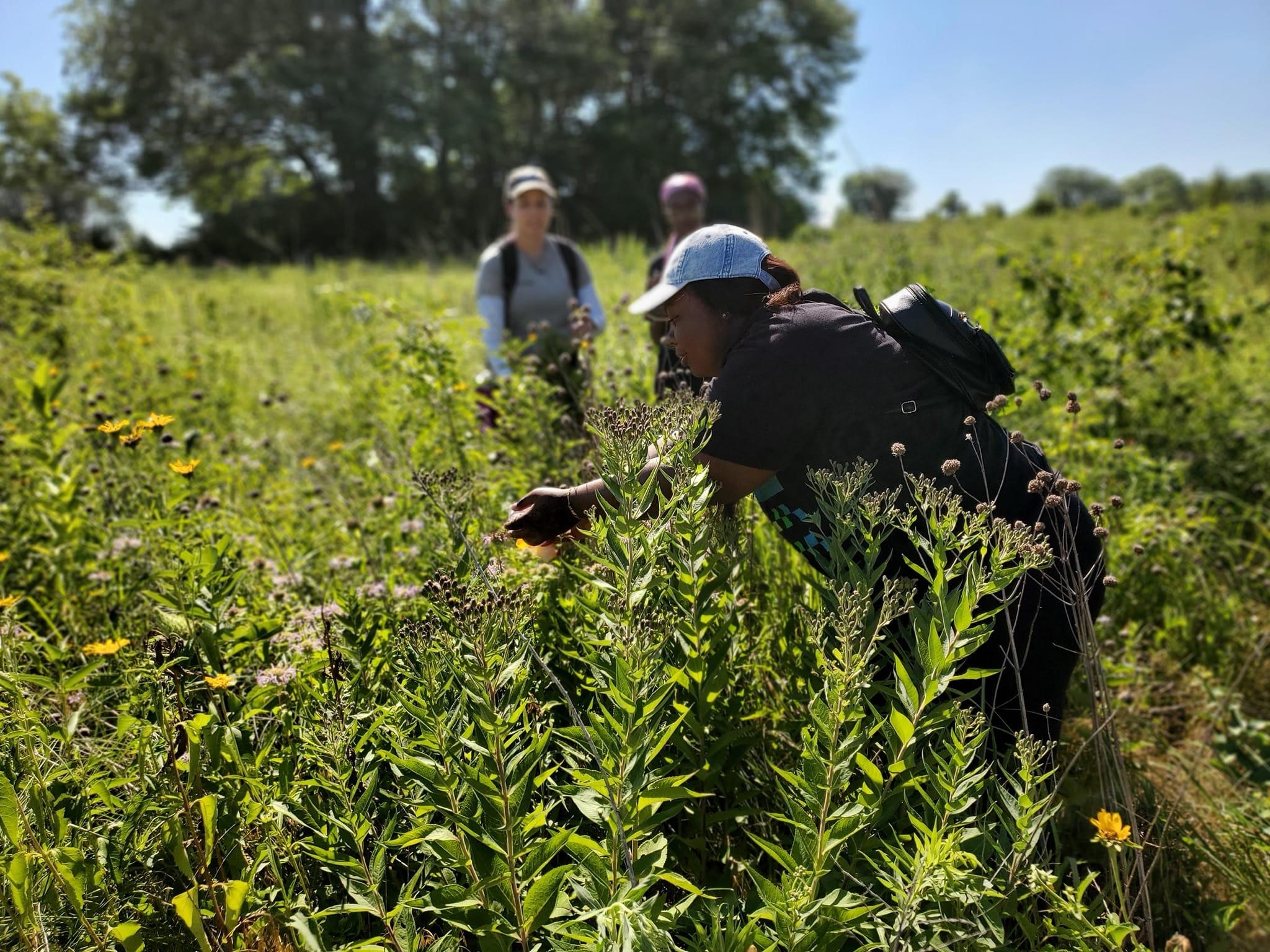
According to a recent study done by Pew Research Center, “Black and Hispanic workers remain underrepresented in the science, technology, engineering and math (STEM) workforce compared with their share of all workers.” Additionally, “Black students are especially underrepresented in math, engineering, and physical science degree programs.”
The National Academies of Sciences, Engineering, and Medicine states that “academic preparation is critical to increasing Black representation in Science, Engineering, and Medicine, but so, too, are such interrelated factors as providing mentoring and role models in sufficient numbers, adequately funding school and community support services, and analyzing the intentional and unintentional consequences of a range of policies and practices.”
Summer STEM Connections
Through a partnership with the University of Arkansas (UofA) at Monticello, the Summer STEM Connections pilot program was launched in June 2022 with the goal to engage students of color who are underrepresented in STEM careers and address some of the barriers to student participation. The program led 9th through 12th grade students through a three-week classroom and hands-on learning experience about STEM degrees and careers in their local area. All the participants in this summer’s program were students from nearby Wilmot, AR.
As one of the oldest settlements in Southeast Arkansas, Wilmot was established as a steamboat stop in Bayou Bartholomew, the longest bayou in the United States providing access to the interior of the Arkansas Delta prior to railroad construction. Wilmot continues to survive today primarily through agricultural income, with black citizens making up 77% of the population and 40% of the total population (550) being below the poverty line.
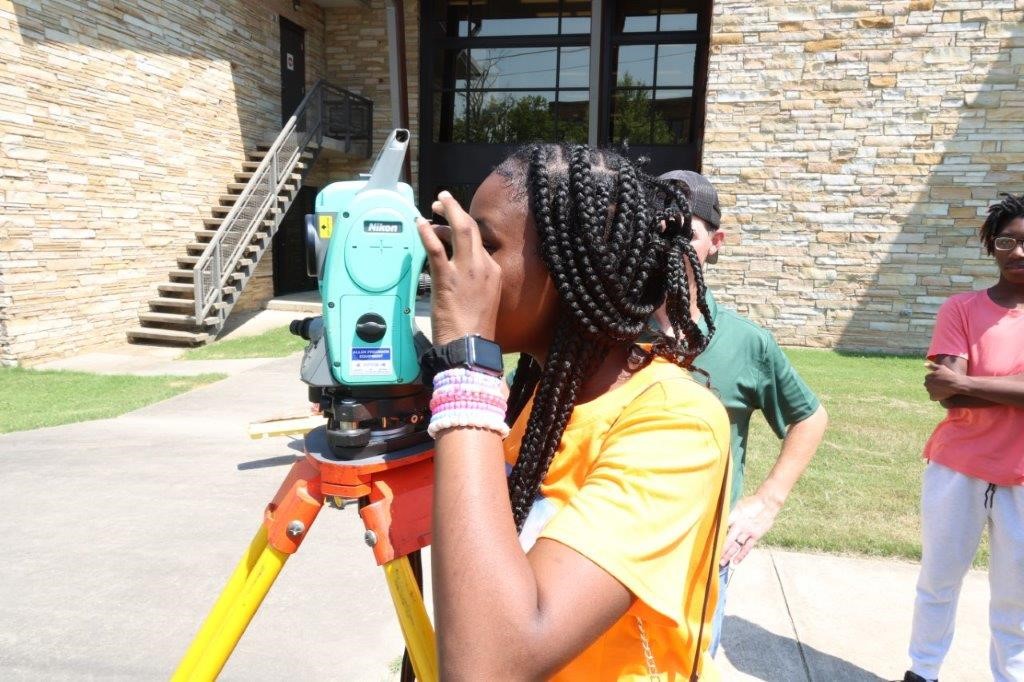
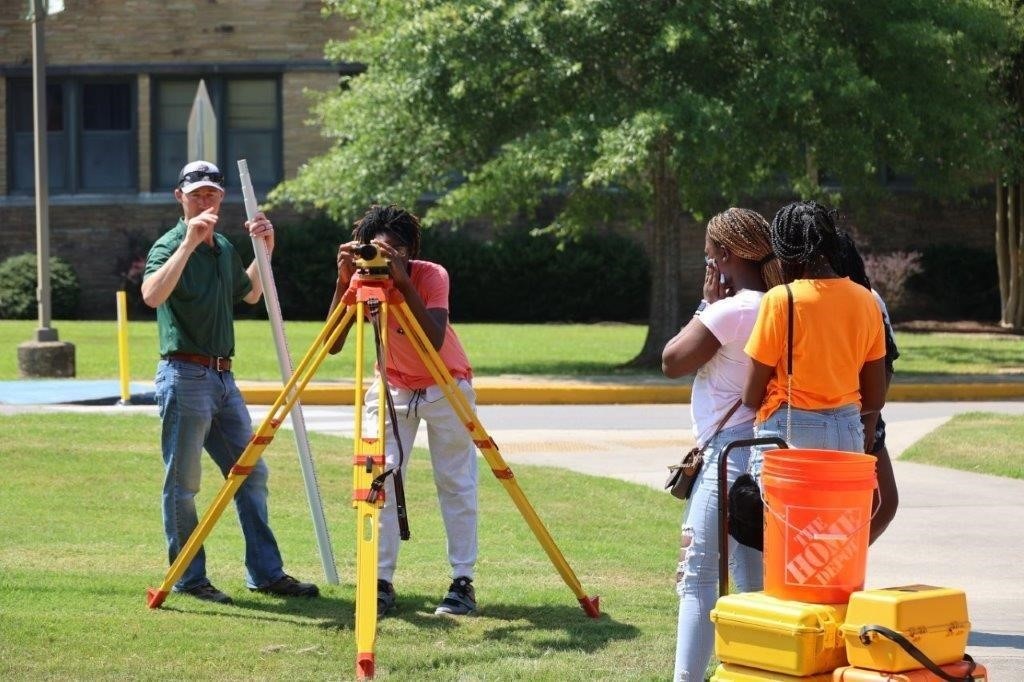
“More often, rural communities like Wilmot have little to no career development opportunities and are overlooked by government financial rollouts,” said Brenette Wilder, president and founder of the non-profit Kansas City Teen Summit (KCTS) which organizes the Summer STEM Connections program.
Inspired by her own career, Wilder founded the program as a way to provide exposure to STEM careers for underserved and underrepresented youth in the communities of Altheimer and Wilmot where she and her husband grew up. Wilder is a University of Arkansas graduate and started the program after retiring from a career as a chemical engineer. As a way to give back to these communities, she started a camp at UofA Pine Bluff and now the pilot program at UofA Monticello. The initial summer program was started in 2004 with partner universities in the Kansas City area where Wilder now resides.
“When I was growing up, STEM was a subject that kids were not introduced to in a hands-on way. We want our kids to be exposed to STEM opportunities both inside and outside the classroom. If I can do it, they can do it,” Wilder said. “And I want them to see that STEM is fun. It doesn’t have to be seen as too tech or too challenging. They can do it if they have an interest in it.”
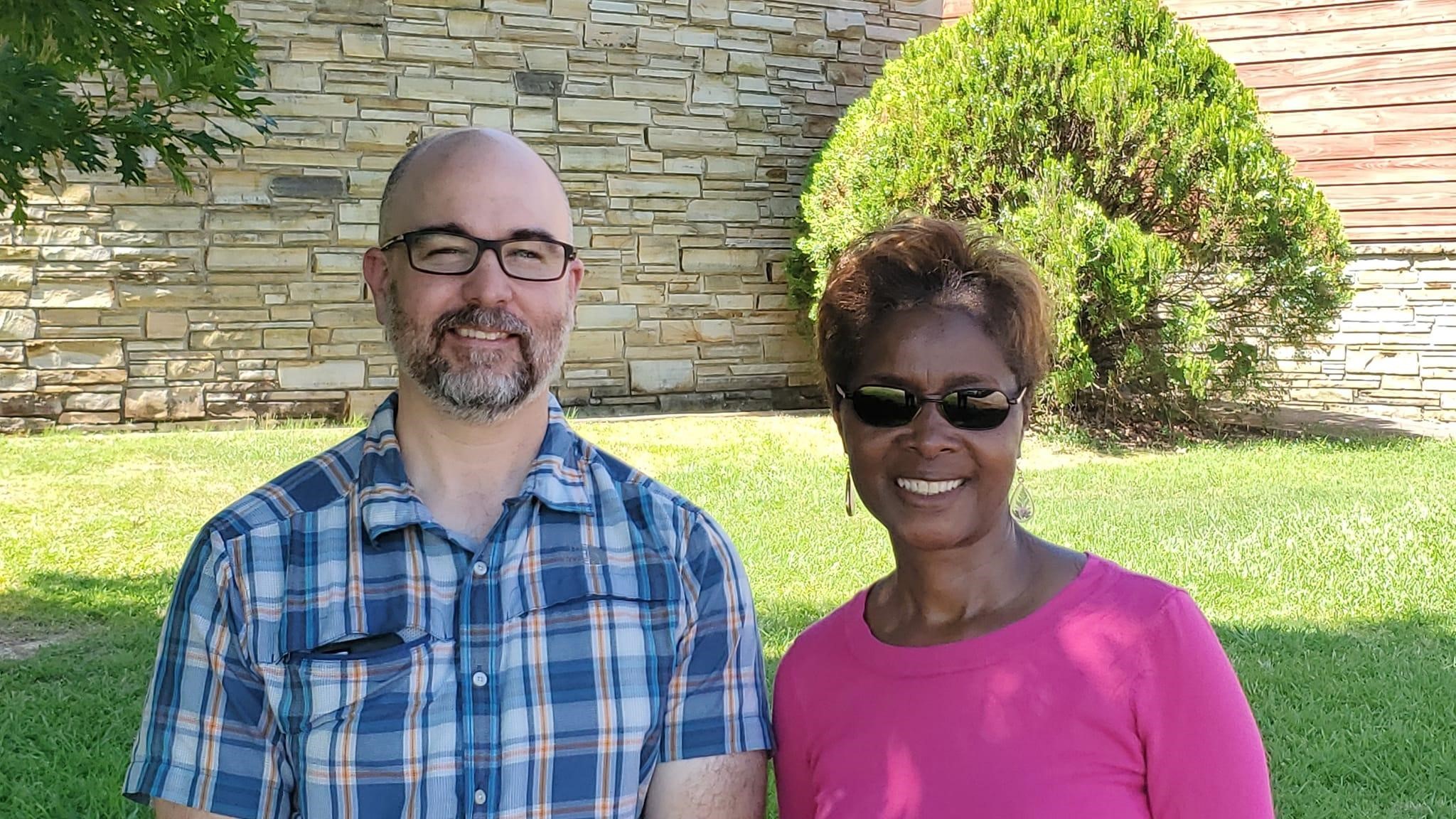
The 2022 Summer STEM experience provided students with opportunities to learn about youth empowerment, community beautification, volunteerism, and careers in STEM. With a theme of “Forest, wildlife, and livestock management in a changing climate,” the students spent each day interacting and engaging with professors to learn about forestry, wildlife management, animal husbandry, and climate science. Students will continue their volunteer work this fall by installing a wildlife habitat garden at a community park in Wilmot, Arkansas.
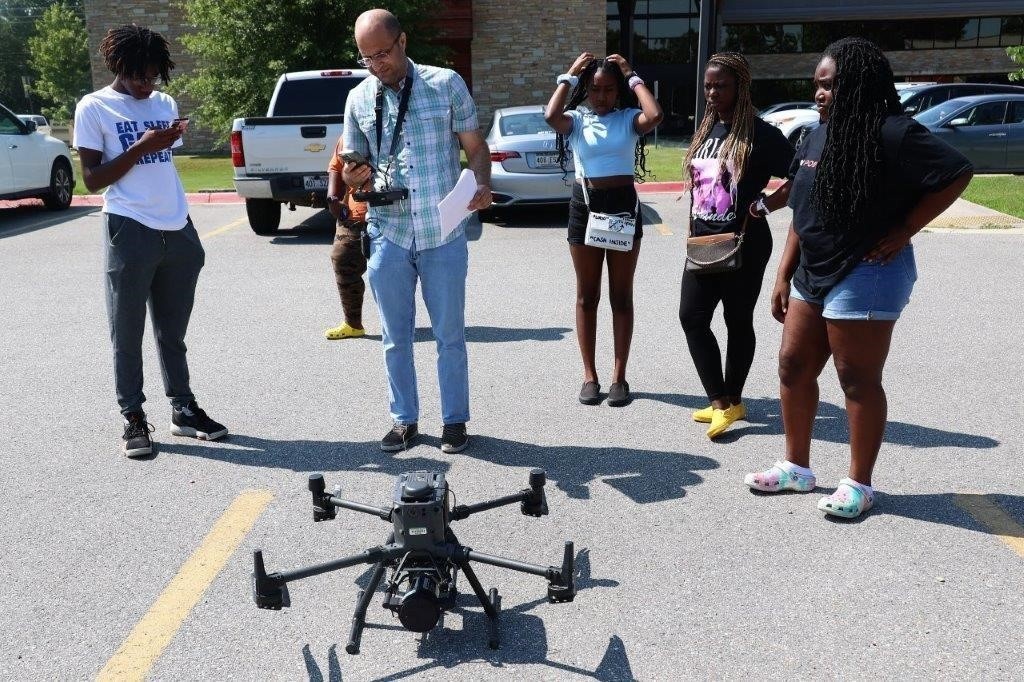
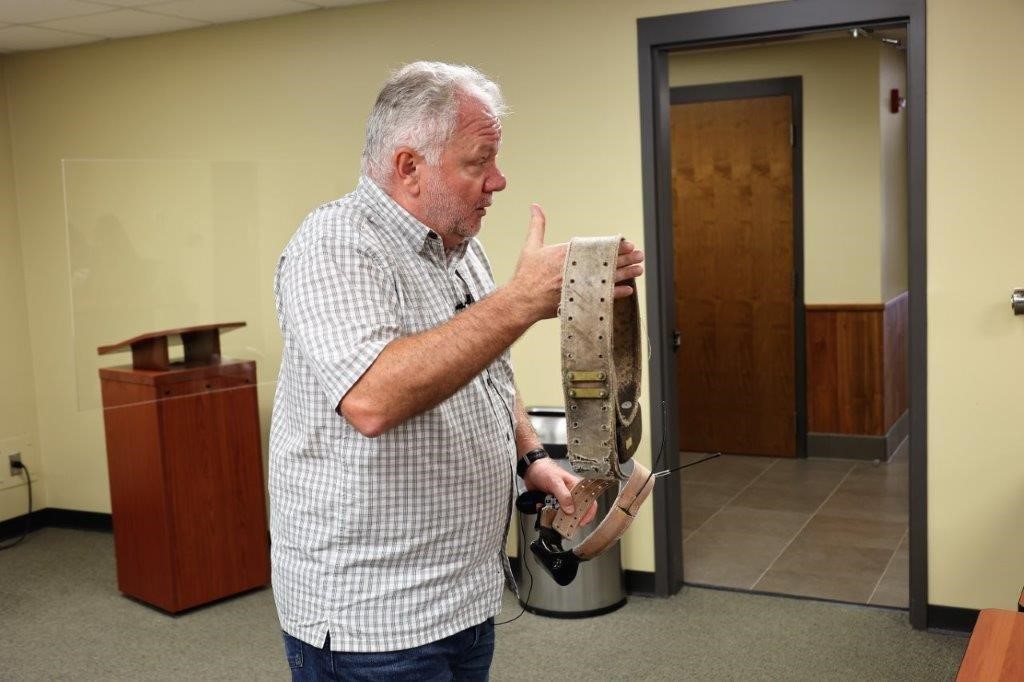
“As a board member of the National Wildlife Federation and the Student Conservation Association, the youth’s excitement and engagement warmed my heart,” shared Dr. Mamie Parker, who grew up in Wilmot. “It is difficult but not impossible to bridge the gaps and build programs that could result in flourishing futures for our youth in our hometown and other historically marginalized communities of color. They need exposure, powerful role models, and other professionals like Mrs. Wilder and Dr. Blazier to showcase the work that we do by motivating those underestimated youth to think of nontraditional careers.”
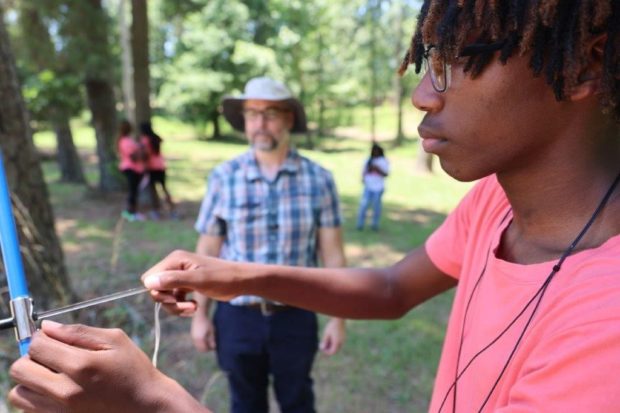
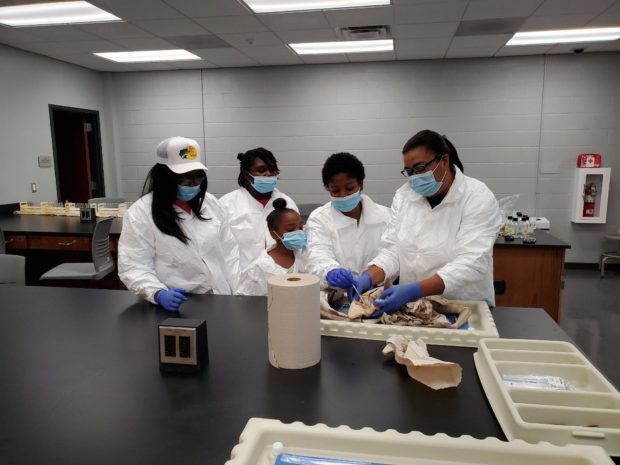
The Summer STEM Connections program has had great success at the UofA Pine Bluff and the University of Missouri, Kansas City, for many years. Although the STEM Connections camp is in its pilot phase at the UofA Monticello, the hope is that the program will continue to serve the students of southeast Arkansas for years to come.
The program in Monticello was organized by Brenette Wilder, president and founder of Kansas City Teen Summit, sponsored by the National Wildlife Federation and Arkansas Wildlife Federation, and in partnership with the Univ. of Arkansas at Monticello, College of Forestry, Agriculture, and Natural Resources.
For more information on the Kansas City Teen Summit, contact Brenette Wilder at wilderbrenette@gmail.com or 816-287-2167.
Visit the Kansas City Teen Summit Facebook page to see more photos from all the 2022 program sites and learn more about the UofA Monticello program video below.
Photos and Video Producer: Lon W. Tegels, UofA Monticello, College of Forestry, Agriculture, and Natural Resources





















